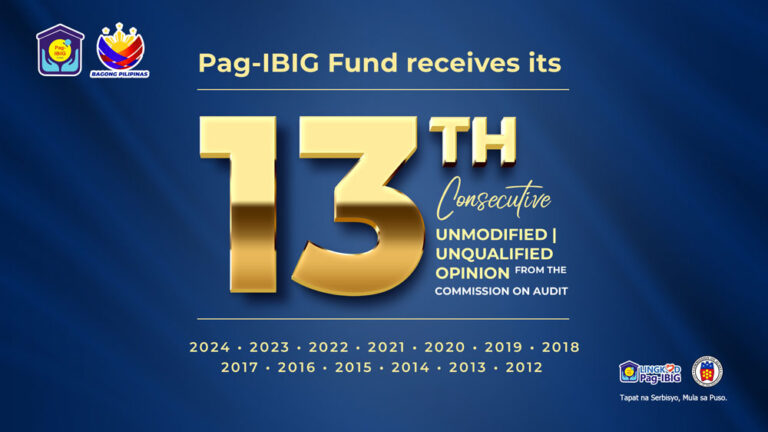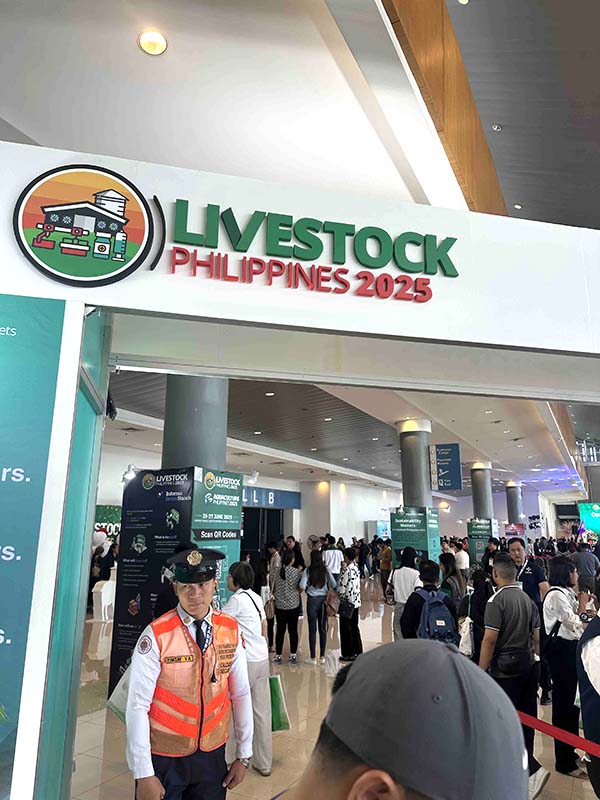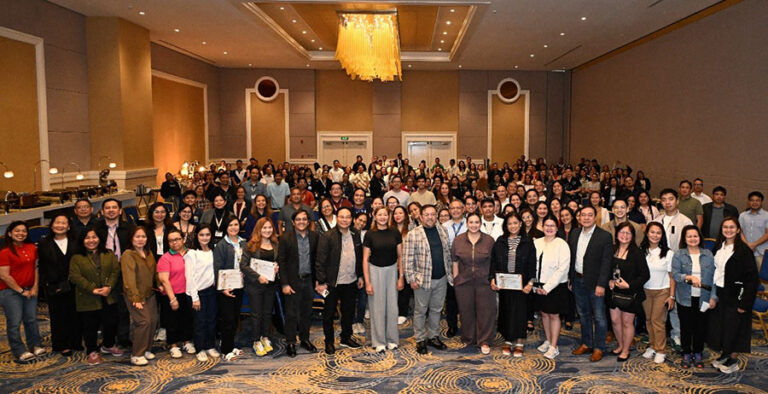LESSENING excessive recruitment fees for overseas Filipino workers going abroad to places like Taiwan is one of the many migrant workers’ issues that we in the Asia Pacific Mission for Migrants (APMM) and our partners are working for. Hence, any developments that can help lessen OFWs’ burdens are welcome.
That said, we express concern over the recent move by the Philippine Overseas Employment Administration (POEA) to directly hire Filipinos who wish to work in Taiwan.
Under the Special Hiring Program for Taiwan (SHPT), interested Filipinos may register at the POEA’s International Direct E-recruitment System (IDES), which will automatically put them in a list of employables for interested employers from Taiwan. Once an employer expresses interest to hire a Filipino, that Filipino will be required by the POEA to pay P30,000 (642USD or 20,865TWD) for the use of the IDES.
“While the system may give potential OFWs a respite from excessive illegal fees charged by recruitment agencies, one cannot deny that it is now the POEA directly charging recruitment fees. It begs the question – for what is the P30,000 charge?” states Ramon Bultron, APMM’s managing director.
The POEA, says Bultron, should be transparent in what they are charging the Filipinos. Filipinos aspiring to work abroad also need to shell out money for medical examination, mandatory training, passport renewal, and other fees required by the said agency. If the P30,000 does not cover these fees, the Filipino will end up paying P50,000 or more and may be forced to go through money-lending agencies to settle, another problem faced by OFWs in Taiwan.
“How will it be any different from the direct hiring program that has been implemented by the Taiwan authorities long before the SHPT?” Bultron asks. According to Bultron, Taiwan’s direct hiring program did not address the problem of voluminous documents required by its labor and immigration agencies on employers, who would rather go through and pay brokers to accomplish these for them.
According to Migrante Taiwan, an organization of Filipinos working and living in Taiwan, they only know of a few people who avail of Taiwan’s direct hiring program. “It is usually employers of home-based caregivers who avail of this service and they let their migrant workers do the work. Taiwanese who own small factories and many others would rather go to a broker possibly because they just don’t have the manpower to do it.”
“OFWs are burdened enough with problems from the time they apply in the Philippines until they arrive in Taiwan. It is important for the POEA to explain how this new service will not add to the problems of Filipinos, not to mention the need for them to immediately address the problems faced by OFWs in Taiwan,” Bultron concludes.
The APMM is a regional migrant center based in Hong Kong. Established in 1984, it works with migrant-serving institutions, advocates and grassroots migrant organizations in Asia Pacific and the Middle East regions.



